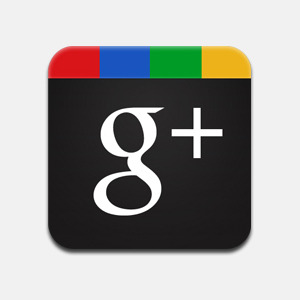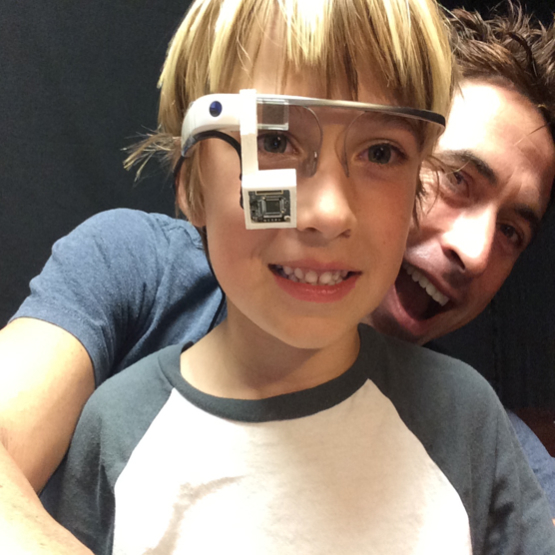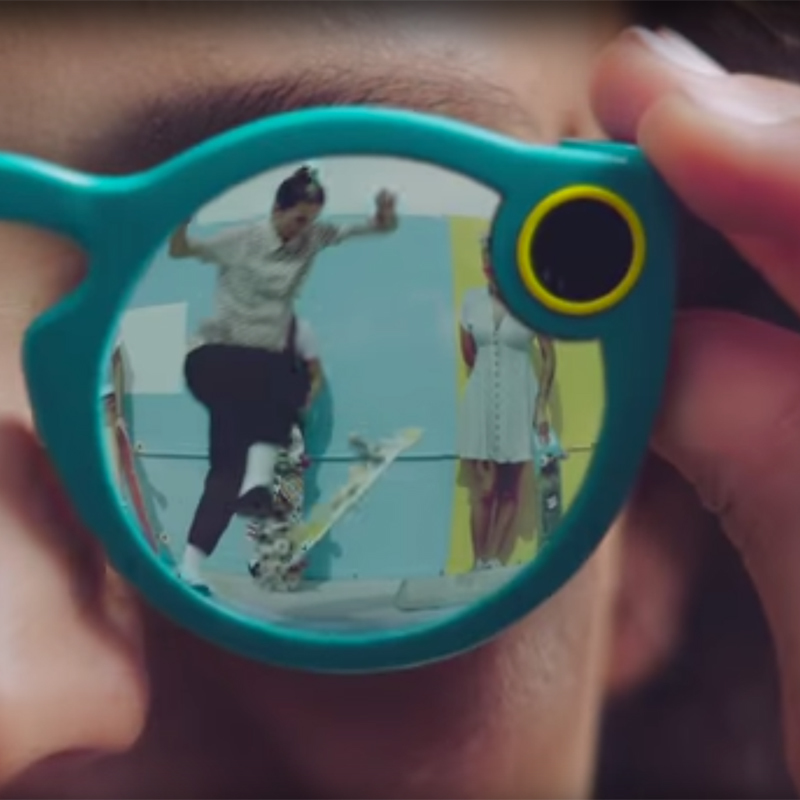Google+
How some of the most tech-savvy are using the latest social network


With any new networking platform, the tech crowd always takes the lead while the rest of us are still complaining about our parents joining Facebook. When Google+ launched last month it seemed like a particularly novel way to stay socially organized, but we still weren’t quite sure what to do with it. Turning to the digital community and beyond, we asked around to see how some of the earliest-adopters are engaging. From Refinery29’s VP of Engineering Jorge Lopez, Gina Bianchi (who herself enabled anyone to make their own social network by co-founding Ning) and Selectism editor Jeff Carvalho to Jean Aw, Notcot founder, the overwhelming response from the total of 10 people that we surveyed was that, while there’s tremendous potential, there’s still a lot of learning that has to happen on both the consumer and Google’s side.
![]()
Brett Renfer (Interaction Designer at Rockwell Group Lab) told us that the more he uses it, the more he’s discovered a need to share in the selective way that the site allows. Many from our list were on Google+ (or Plus, as some call it) since its launch, like technologist Joel Niedfeldt who described it as a “veritable ghostland at first.” Matt Spangler (a friend of CH and digital entrepreneur) relays his more common experience, “I’ve read about it in articles more than I’ve used it.”
Despite initial hesitations, most are checking Google+ two or three times a day. Ben Lerer, a Thrillist co-founder, and Taj Reid, who’s the brains behind WeJetSet, point out they visit more thanks to the mobile app. And, as illustrator Keren Richter predicts, while it doesn’t have the same activity as Twitter or Facebook, it “has a chance of catching on.”
![]()
Which feature do you use most often?
Jeff: Circles, based on common interests. I have circles for people I know interested in technology and music, for example.
Jorge: The Stream is pretty much as far as I go with it. Going to Google+ has pretty much been a chore.
Taj: Definitely the Stream and Circles. I’m also interested in making more use of the photo section.
Gina: My team and I kicked Skype to the curb and now use Hangouts for our daily stand-ups because of the higher quality and reliability. I think they just nailed it.
Keren: I use the Stream, I post photos and update my status.
![]()
What’s different about Google+ that you really like?
Ben: It feels like a blend between LinkedIn, Facebook and Twitter to me, but it has some advantages of all of them.
Brett: The Circles more closely mimic real-world social structure. I can see Google+ growing into more of a hub for me, especially in a work context.
Joel: They’ve built a very mature social networking platform that does away with the early-stage stuff that just annoys me now on Facebook. It’s more of a tool.
Jorge: If they had events, I like that I could create a public event and exclude some people. (Sorry parents, I love you, but I don’t want you to hang out with my drunk friends.)
Taj: I like how the posting works—it encourages stickier conversations.
Matt: I like the simplicity and clarity of its design and user interface. Its biggest advantage is integrating the magic of push notification alerts into my everyday media activity.
Gina: It’s seamlessly connected to Gmail as well as my Google docs and apps, so it fits in beautifully with the fabric of my workday.

Is Google+ better for business or social aspects?
Brett: My job is very tech-centric, so my circles lean more towards people I’m interested in because of work rather than people I know in a social context.
Jeff: Socially. We’ll see how their business model turns out for the service. I have a feeling it will not be free.
Jean: So far it’s the same mess I have on Facebook and Twitter.
Matt: I’ve started creating some client-specific circles that I’m monitoring, but its just the beginning of that. Once they open up the API and allow for third-party developing, I think I’ll both use the system more and it will drive a lot more adoption. I can imagine ways my small groups of trusted individuals can connect in more exciting ways, but it will depend on how well done the API is.
Keren: I’m not the most business-minded. Right now, it’s mostly for friends and memes, but it’s not SO much better than Facebook that there will be a mass exodus.
Contributions from Karen Day, Graham Hiemstra, Ami Kealoha, Evan Orensten, Josh Rubin and Greg Stefano












